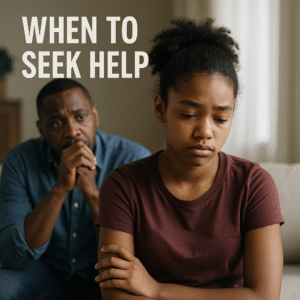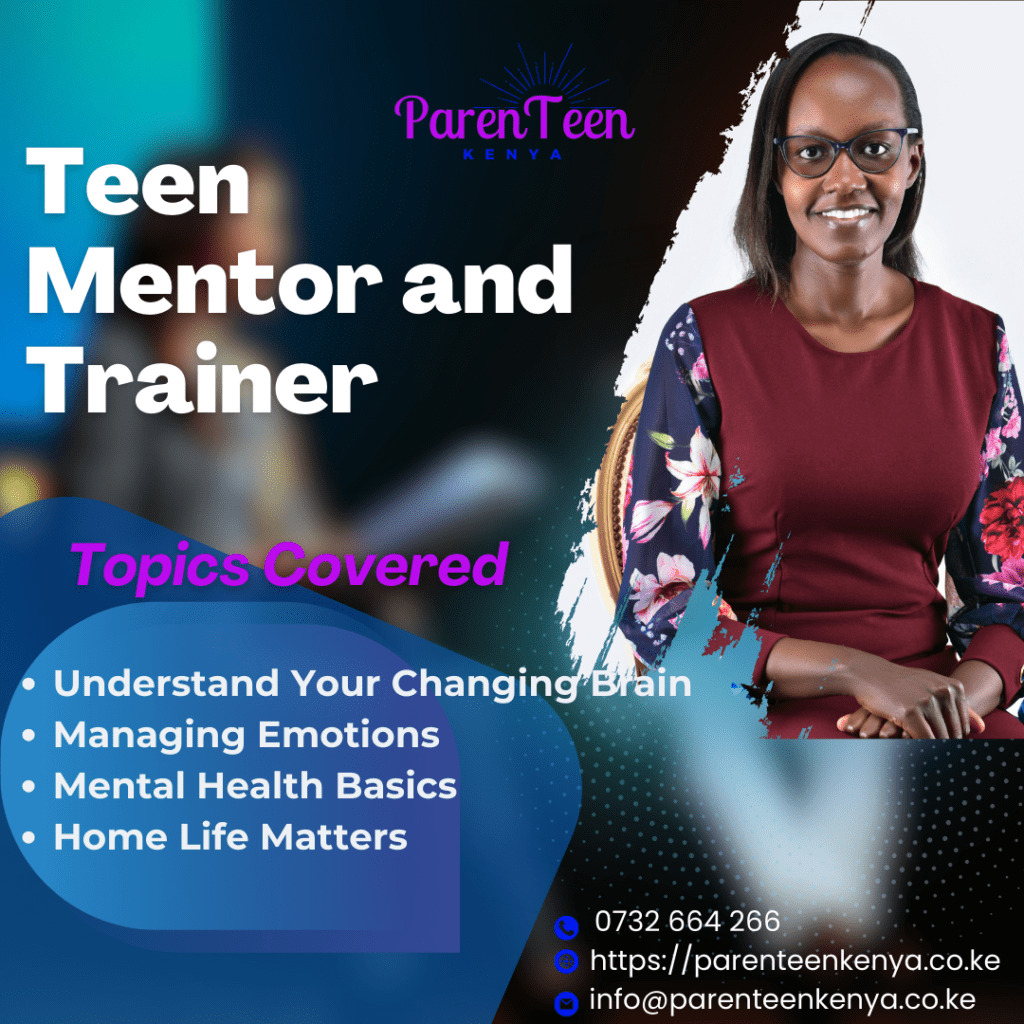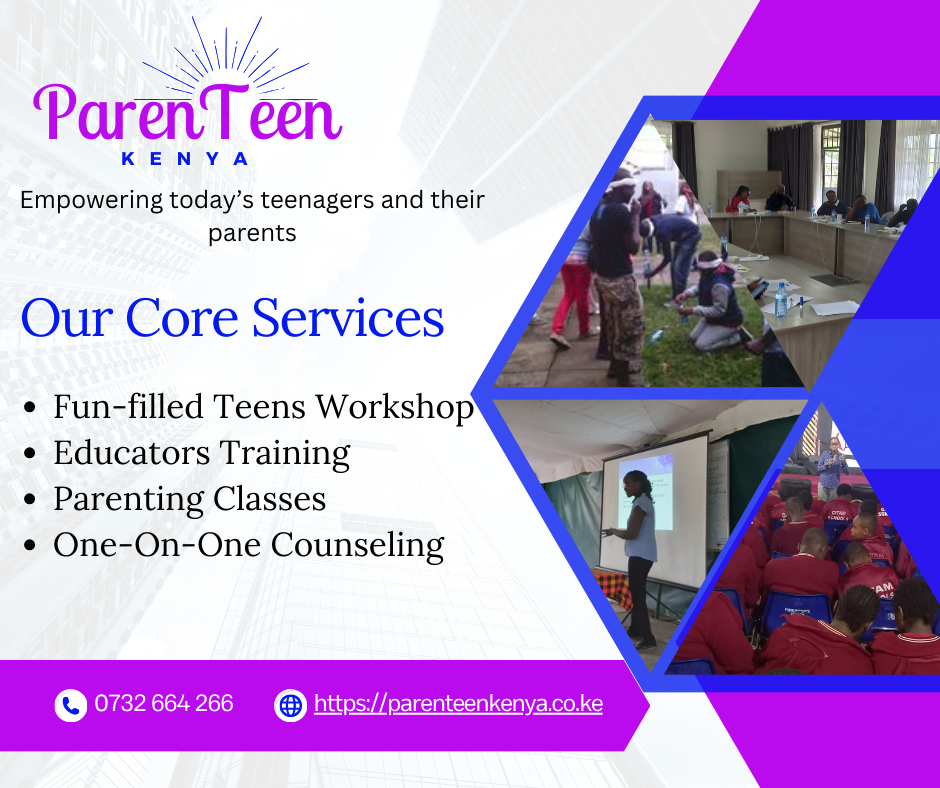First, let me applaud you for desiring to learn the valuable lessons you need as a teenager. Your interest in learning life lessons for teens shows you have a strong mind.
Teenagehood can be challenging because you can now think for yourself and do not have to rely on your parent or guardian to make all decisions.
In addition, you start questioning whether the life lessons your parents and teachers taught you are trustworthy and can be applied in the life of a teenager.
As a teen, you are also more exposed to people who think differently. Social media and movies also teach you things that often go against your long-held beliefs.
It can be confusing to figure out what lessons to pick and which ones to ignore. Today, we will discuss four life lessons that summarize most of the life lessons you’ll encounter. Let’s dive into it.
1- You are Uniquely Gifted

As you progress in teenagehood, you may realize that the things you like, desire, and think about differ from your friends and family. This realization may cause you to feel left out because you want to fit in a group and copy what they do.
But once you understand that each person is unique, you can be at peace being different, continue exploring what makes you unique, and work at building yourself.
Uniqueness means you are one of a kind, and no other human being is exactly like you. Your goal as a teenager is to find out your unique gift and spend time growing it.
Sadly, instead of teenagers embracing their uniqueness, some spend their time trying to fit in a group they have identified as cool.
They imitate the group’s behavior but cannot reach that standard because they copy what is not uniquely gifted to them. If you are in such a situation, you may try to deal with this disappointment by:
- Engaging in risky behavior like experimenting with sex or drugs to show your friends you are cooler than them.
- Avoiding making friends because you can’t measure up to the group’s standard when you imitate them.
- Feeling depressed because you have concluded that you are a failure for not fitting in the group.
To avoid experiencing the above, you may want to identify your gift and focus on growing it. Here are five suggestions you can start with to help you on your journey:
- Think about the activities you like doing and are passionate about
- Try out different activities offered in school, church, and neighborhood, and choose what you like the most
- List things you think are important in life and what role you can play to improve them
- Ask your parents what your favorite activities were as a child and what they think could be your gift
2- Forgive and Respect Your Parents
What! Is forgiveness and being respectful to my parents an important life lesson? You may ask.
The short answer is yes; forgiving and respecting your parents is one of the most valuable life lessons for teens. Ask me why? Thank you for asking. I’ve outlined the reasons in the table below and added the benefits you enjoy from respecting them.
| Why you Should Respect Your Parent | Benefit from Respecting Your Parents |
| They are older and wiser | They can caution you when you are about to make a wrong decision and advise you to take a better path based on their experience |
| They will be there for you no matter what | Respecting them makes your parents want to help you and do it with joy |
| They are ordinarily right (>85% of the time) | You’ll be at peace knowing you took the right advice as opposed to following your thoughts or your friends’ limited advice |
| They did everything for you while you were a child, and they still do | Respect is saying thank you for what they do for you. They’ll also be more accepting of your requests for things or permission if you are respectful |
| God requires you to do it | God says things will go well with you, and you’ll live a long life for doing it (Ephesians 6:1-3) |
| They want you to be happy and productive (they have your best interest at heart) | Choosing your friends over your parents may not work for you all the time because most friends are not as loyal as parents |
| They will not always be around | You’ll have wonderful memories of your parents when they depart from this world because a respectful teenager usually has a good relationship with their parents and will have minimal regrets |
Sometimes teenagers find it hard to respect their parents because their parents’ mistakes were too grevious. Truthfully, your parents may have indeed said or done things that hurt you; whose parent hasn’t.
It is okay to feel sad and even upset about it, but harboring those feelings for months or years only hurts you more. It also robs you of a beautiful relationship you could have with them.

Remember that you sometimes say and do things that hurt your parents because you are all human beings who make mistakes and need to be forgiven. A teenager with a strong mind will seek to live a life with the willingness to forgive others when they make mistakes.
“The weak can never forgive, forgiveness is the attribute of the strong.” Mahatma Gandhi
3- Seek to Know God
If there is a God, life has meaning because a higher power created you with a purpose. If there is no God, life is meaningless because the universe and everything in it is a random occurrence.
When you believe that God does not exist, you live for the here and now, and the only memory that remains is what people think about you. Sadly, when you die, you cease to exist.
Contrary, when you believe in God, your life is not only for the here and now; it has eternal value, and everything you do counts. God has a plan for your life, and he reveals this plan when you seek him.
Teenagehood is a period you ask yourself questions about your identity, purpose, and how the world operates. You can get all kinds of answers to these questions from your parents, friends, social media, movies, and musicians.

The people or activities you give most of your time and energy to shape your identity and influence how you live your life.
For example, if you spend many hours with your friends, they are the ones shaping who you are and what you’ll become. If it is your phone, then whatever you read or watch shapes your thoughts, feelings, and behavior.
Ultimately the best place to find answers about yourself and life is from the one who created you and planned everything you need in life. God is the best person to talk to about your life, and reading the Bible will give you answers to many, if not all, life questions. Who else can beat such a qualification?
Seek to believe in God because there are questions even Google can’t answer. Quotesgram.com
4- It’s Okay Not to Be Okay

Instagram, Meta, Snapchat, Whatsapp, Youtube, and other popular teen apps have convinced teenagers that everybody else’s life is perfect apart from theirs. You often see photos and videos of your friends looking glamorous and doing exciting things, and you feel sorry for yourself because that is far from your reality.
Or, maybe you are the one posting spectacular pictures of yourself to deceive people that you have it all together. Yet, you are experiencing unusual emotions within you. You could be feeling:
- Extremely sad for no particular reason
- Helpless and hopeless
- Scared about meeting people
- Highly irritated by those around you
- Sorry for yourself for how you look
- Angry because you can’t escape your current life
- Anxious about simple things
The good news is that everyone goes through these emotions at some point in life. Having such emotions is neither good nor bad; they are just feelings that tell us something needs to be addressed. What matters is how we process it and the action we take afterward.
For example, you may be feeling upset because your friend hurt you. The wrong way to react is to resort to violence or conclude that everyone will hurt you so you won’t make friends. The proper way of handling it is to:
- Acknowledge that you are upset and do not suppress it: If possible, find someone you can share it with and tell them precisely what made you upset about the situation. You can also say it aloud to yourself or share it with God.
- Consider why you experienced the emotion and its importance: Feeling upset sometimes signals to you that someone has crossed a relational boundary. It may also mean that you need to protect yourself or a warning sign that you are about to do something you might regret.
- Check the facts: You could be justified for being angry at your friend, but sometimes we get the facts wrong. It could be a miscommunication or a misunderstanding. Before concluding how the event turned out, check again to confirm that you are not overprocessing a simple situation and that the facts are correct.
- Choose your action: Maybe you need to create new boundaries with your friend, or it is time to look for a new friend because the current one doesn’t value your relationship. It could also mean you need to forgive them because they didn’t mean to hurt you, or ask God to help you take things lightly without getting upset.
You can use this process with any emotion you experience, and it will help you find relief or solve a challenge.
Ready to Apply These Valuable Life Lessons?
Being a teenager is an exciting period that helps you discover many things about yourself. You’ll achieve even more when you consider practicing these four valuable life lessons.
You’ll develop into an admirable young adult. You’ll understand yourself better, have a beautiful relationship with your parents, trust God for direction, and have emotional intelligence. Our Teens workshop also teaches you more life skills to apply in your life. Register today for the next class.
Images courtesy of Pexel and Unsplash
Jane Kariuki is a devout Christian, Clinician, Psychologist, and founder of ParenTeen Kenya. She authored an exceptional training manual used in her teens’ workshop and an instructional guidebook for her parenting classes. If she is not training, blogging, or counseling, Jane loves to spend time with her sweet husband and three children.








[…] Related: 4 Valuable Life Lessons for Teens With a Strong Mind […]
[…] Learn more: 4 Valuable Life Lessons for Teens With a Strong Mind […]
[…] Related: 4 Valuable Life Lessons for Teens With a Strong Mind […]